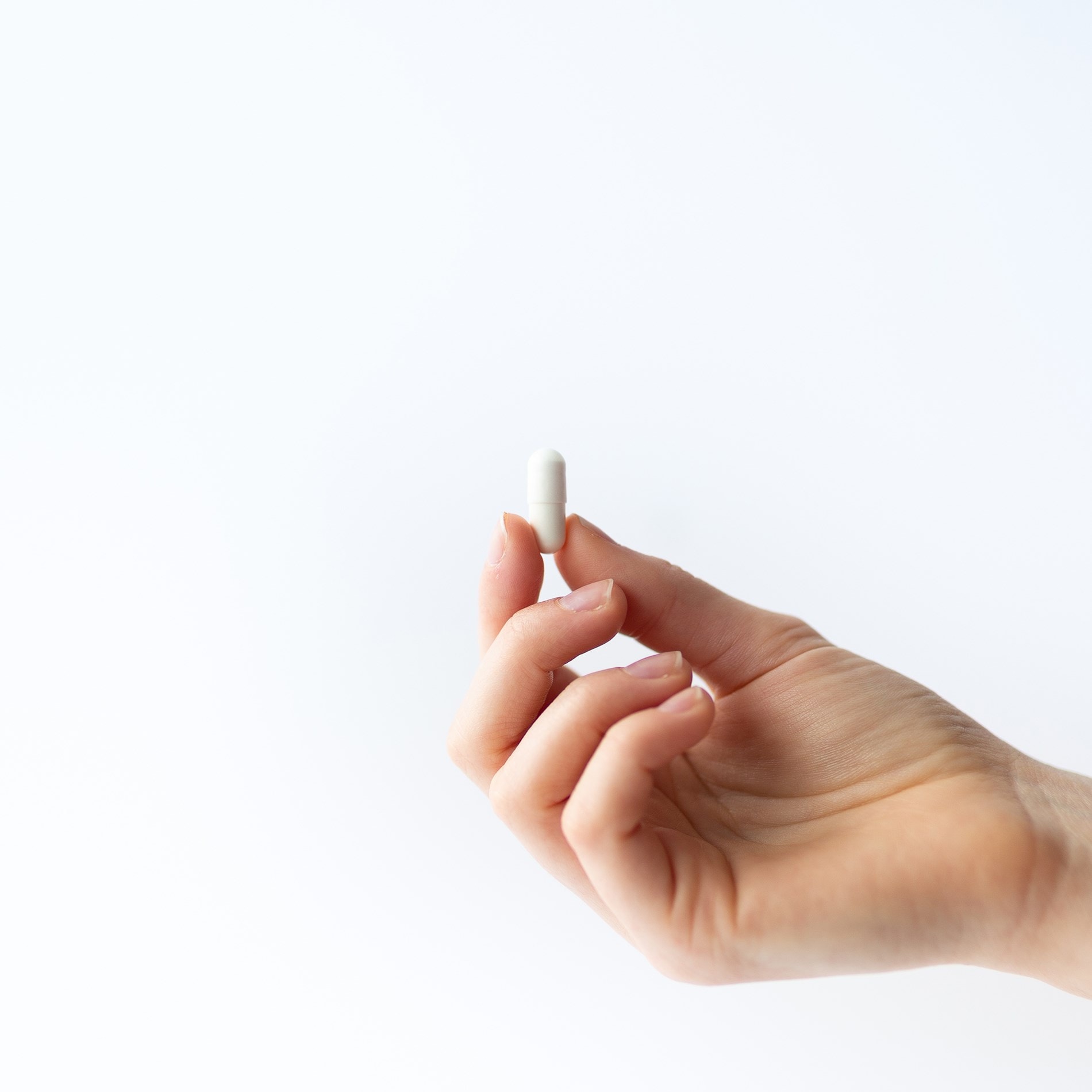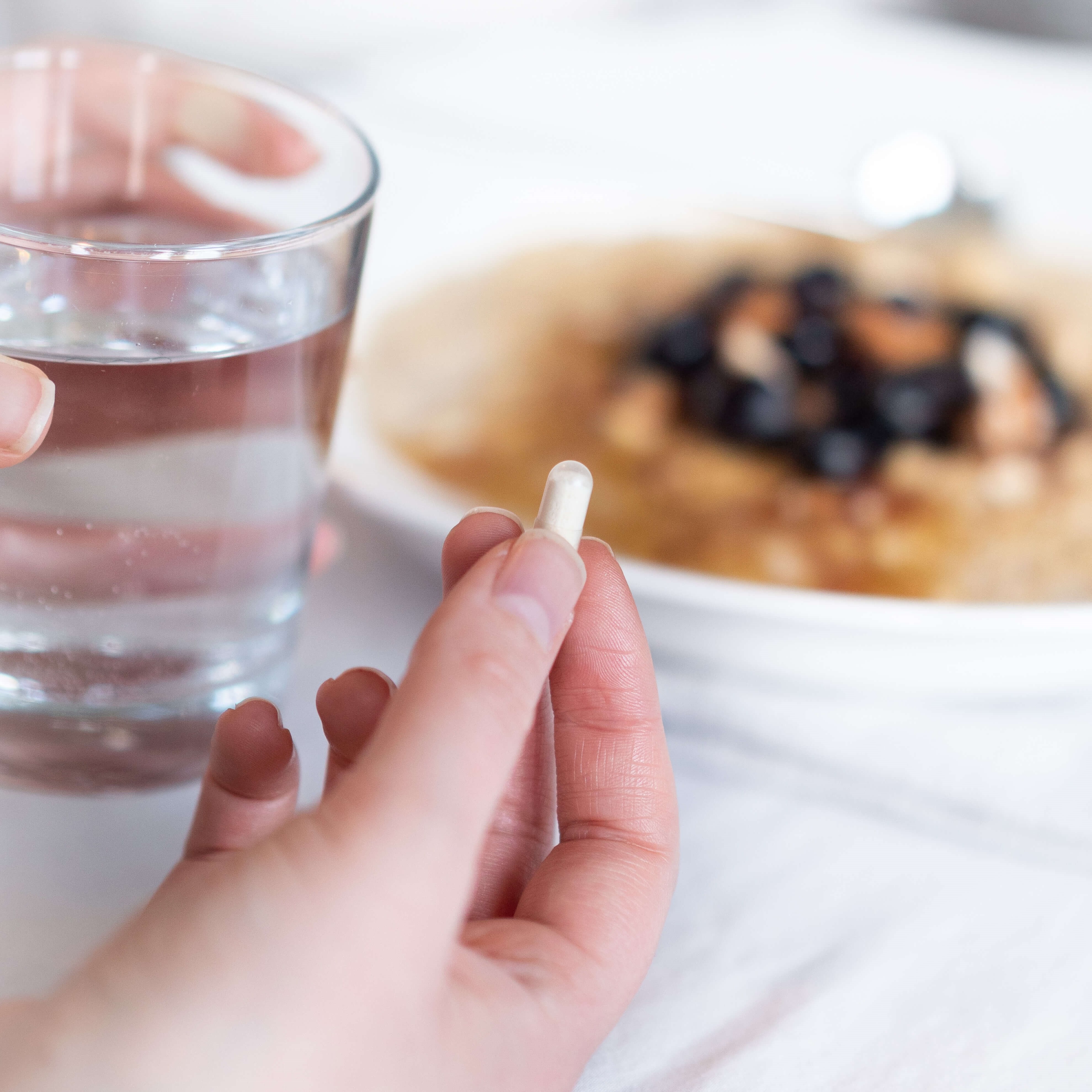Probiotic Yeast Benefits for Gut
A study financed by the U.S pharmaceutical company Biocodex, investigated the effects of Saccharomyces boulardii (a probiotic yeast), and a commonly prescribed antibiotic Am***cillin/Clavulanate, on the microbiome of the healthy human digestive tract.

The particular substrain used in this study was Saccharomyces boulardii CNCM 1-745. The study carried out by Dr Kelly, a Professor of medicine at Harvard Medical School, and Dr. Kabbani a gastroenterology fellow at Beth Israel Deaconess Medical Center concluded that; commonly prescribed antibiotics, such as Am***cillin, indiscriminately wipe out both friendly and unfriendly bacteria from the gut, and have a negative impact on the microbiome and therefore our health.
However, when patients were given Saccharomyces boulardii alongside a course of antibiotics, the study showed that the populations of good and bad bacteria in the GI tract were kept in a healthy balance.
The Executive Vice President of Biocodex, Marc Rohman, stated that: ‘These findings demonstrate that this probiotic yeast, now proven to preserve gut flora balance, even when an antibiotic is on board, can significantly contribute to preventative health care’.
Healthcare professionals can read more about Saccharomyces boulardii on the Probiotics Database. To learn more about this topic, read our article on taking probiotics with antibiotics.
For further reading about antibiotics, you may be interested in:
Antibiotics linked to childhood obesity
Can probiotics help to prevent antibiotic resistance?
Popular Articles
View all Probiotics articles-
Probiotics24 Oct 2023
-
Prebiotics20 Jul 2023


